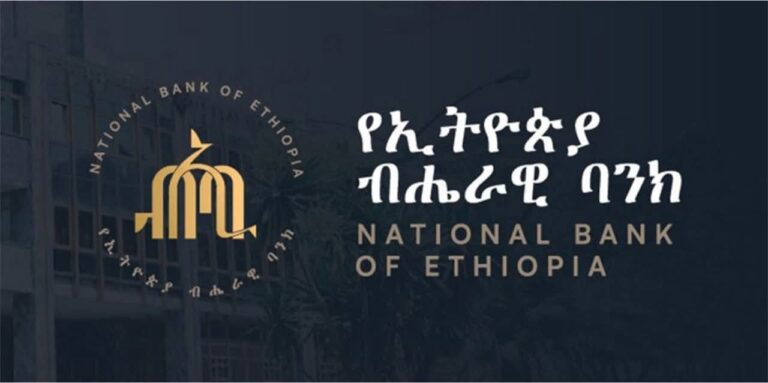Ethiopia Opens Banking Sector to Foreign Investors in Landmark Reform
By Addis Insight Business Desk | June 25, 2025
ADDIS ABABA — Ethiopia has officially opened its banking sector to foreign investors for the first time, marking a historic shift in the country’s tightly regulated financial landscape.
The National Bank of Ethiopia (NBE) released Directive SBB/94/2025 on Tuesday, setting out the regulatory framework for foreign investment in the banking industry. The long-anticipated move follows years of domestic debate and stakeholder consultation, and aligns with the recently ratified Banking Proclamation designed to liberalize the sector.
According to the directive, foreign entities—including international banks and strategic financial investors—will now be eligible to establish operations in Ethiopia through wholly owned subsidiaries, branch offices, or representative offices.
“The Ethiopian banking sector is now officially open to foreign participation,” the central bank said in a statement. Applications from eligible foreign institutions will be accepted starting immediately.
This reform marks a pivotal step in Ethiopia’s broader economic liberalization agenda under Prime Minister Abiy Ahmed’s administration, which has already introduced foreign competition into telecoms, logistics, and finance. Until now, Ethiopia remained one of the last major African economies to bar foreign banks from operating within its borders.
Industry analysts say the new directive could pave the way for global lenders such as Standard Chartered, Ecobank, or even Gulf-based banks to enter the market, either directly or via joint ventures. It also sets the stage for increased capital inflows, technological innovation, and greater financial inclusion in a country of over 120 million people—where formal banking penetration remains below 40%.
While timelines for license issuance remain unclear, regulatory clarity and political momentum are expected to accelerate foreign interest.
The central bank emphasized that the framework is designed to balance openness with stability, ensuring that foreign entrants adhere to domestic supervisory standards and contribute to the country’s financial development.
More details on eligibility, capital requirements, and supervisory protocols are expected to follow in the coming weeks.
Read More: Ethiopia Opens Banking Sector to Foreign Investors Starting Today



